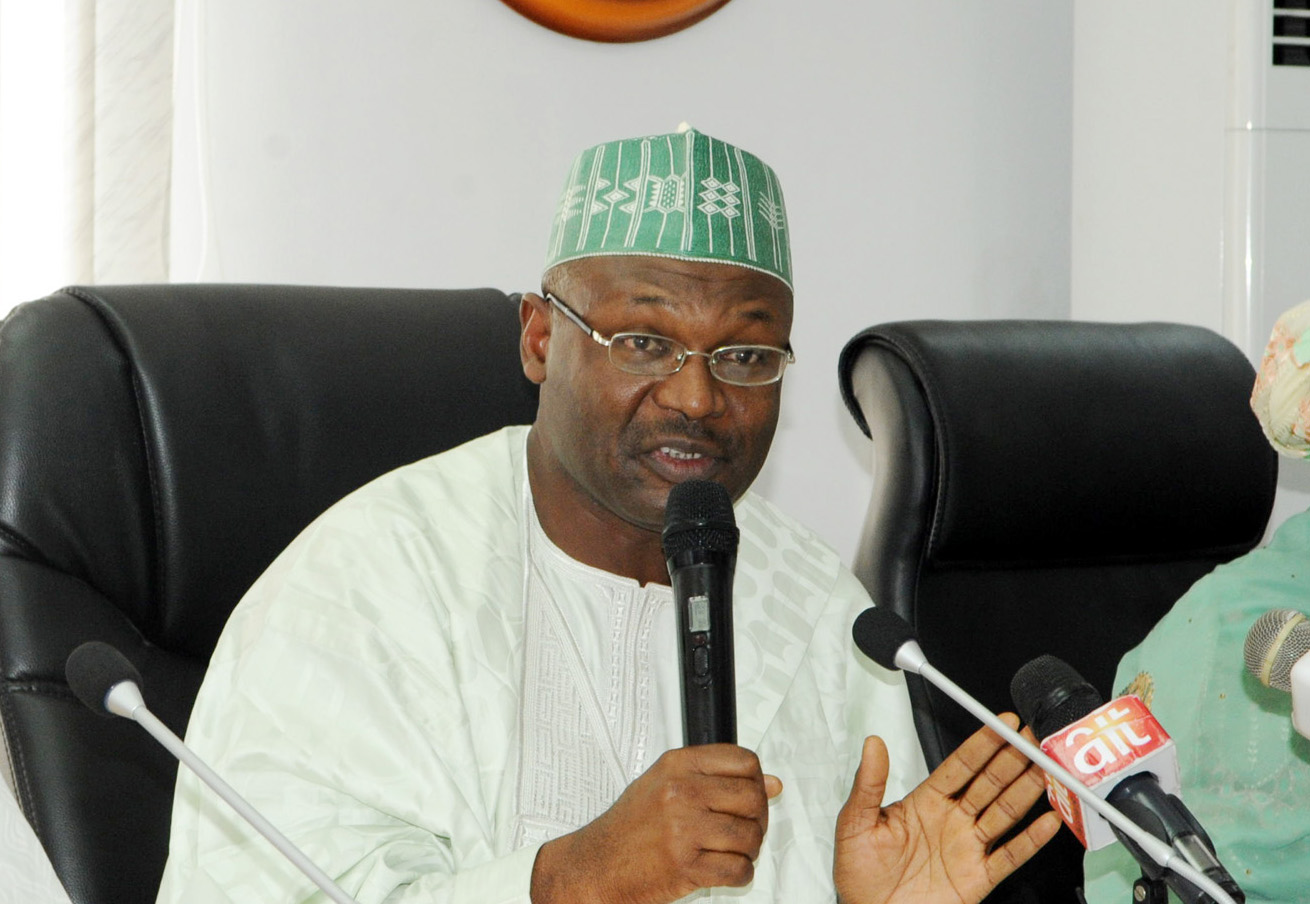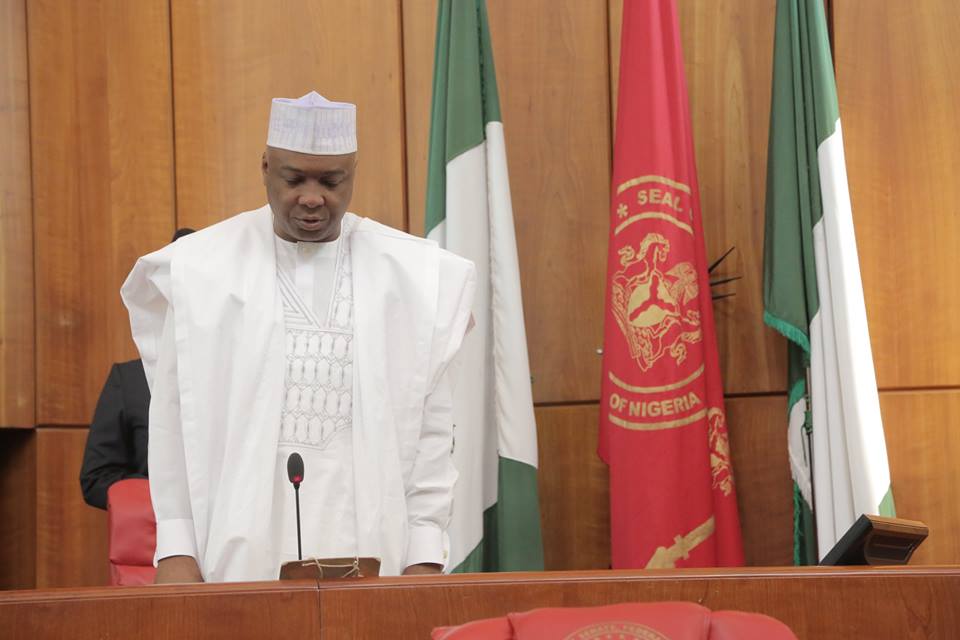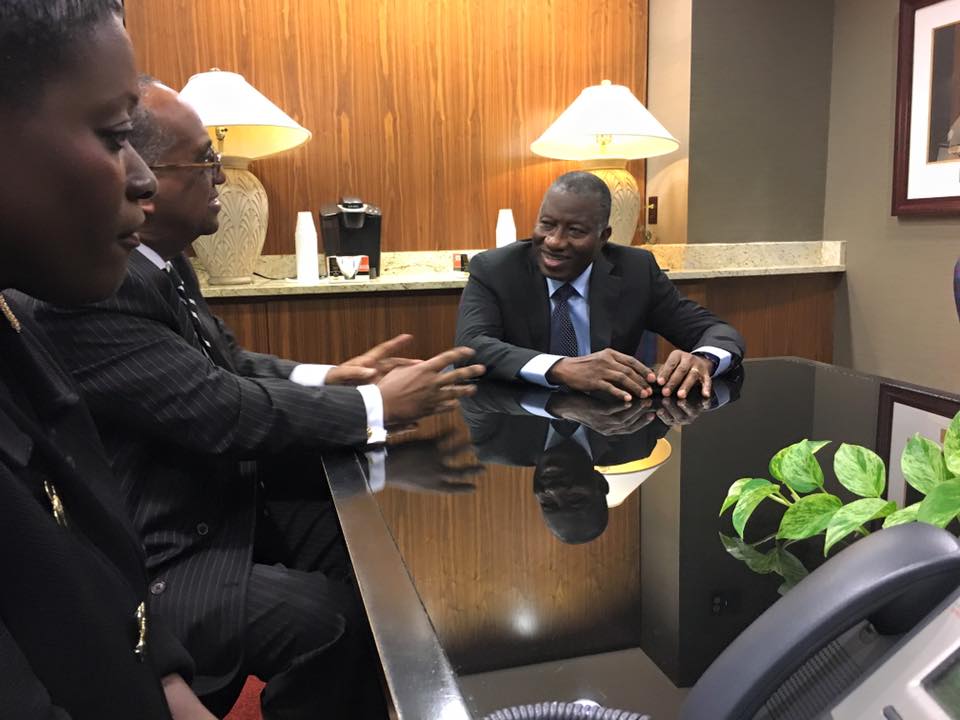Former President Goodluck Jonathan is excited that President Muhammadu Buhari’s government replicated a policy that started in his administration.
Speaking during a press conference in Geneva, Switzerland, Jonathan said his administration used education as a tool to fight insurgency.
He said education remained a potent tool that could be used in combating terrorism, and advised African leaders to make use of this approach to tackle the menace.
“I began the practice of giving education the highest sectoral allocation beginning with my very first budget as president in 2011,” he said.
Advertisement
“My policy was to fight insecurity in the immediate term using counter insurgency strategies and the military and for the long term I fought it using education as a tool.
“Thankfully, the administration that succeeded mine in its first budget, appears to have seen wisdom in continuing the practice of giving education the highest sectoral allocation. This is commendable.
“As I have always believed, if we do not spend billions educating our youths today, we will spend it fighting insecurity tomorrow. And you do not have to spend on education just because of insecurity. It is also the prudent thing to do.
Advertisement
“I feel that what people in my position, statesmen and former leaders, ought to be doing is to help build consensus all over Africa, to ensure that certain issues should not be politicized.
“Education is one of those issues. If former African leaders can form themselves into an advisory group to gently impress on incumbent leaders the necessity of meeting the United Nations Educational, Scientific and Cultural Organization (UNESCO) recommended allocation of 26% of a nations annual budget on education, I am certain that Africa will make geometric progress in meeting her Millennium Development Goals and improving on every index of the Human Development Index.”
Jonathan further explained his approach of using education to checkmate insurgency, recalling how his administration built Almajiri schools in the north.
He also spoke of how the multi-national joint task force was strengthened under him and how his government helped security forces to boost intelligence, leading to the arrest of prime suspects in criminal cases.
Advertisement
“In Nigeria, the Federal Government actually does not have a responsibility for primary and secondary education, but I could not in good conscience stomach a situation where 52.4% of males in the Northeastern region of Nigeria have no formal Western education,” he said.
“The figure is even worse when you take into account the states most affected by the insurgency.
“Eighty-three per centof male population in Yobe state have no formal Western education. In Borno state it is 63.6%. Bearing this in mind, is it a coincidence that the Boko Haram insurgency is strongest in these two states?
“So even though we did not have a responsibility for primary and secondary education going by the way the Nigerian federation works, I felt that where I had ability, I also had responsibility even if the constitution said it was not my responsibility.
Advertisement
“Knowing that terrorism thrives under such conditions my immediate goal was to increase the penetration of Western education in the region while at the same time making sure that the people of the region did not see it as a threat to their age old practices of itinerant Islamic education known as Almajiri.
“Another aspect of the anti terror war we waged in Nigeria that has not received enough attention is our effort to improve on our intelligence gathering capacity.
Advertisement
“Prior to my administration, Nigeria’s intelligence architecture was designed largely around regime protection, but through much sustained effort we were able to build capacity such that our intelligence agencies were able to trace and apprehend the masterminds behind such notorious terror incidences as the Christmas Day bombing of the St. Theresa Catholic Church in Madalla, Niger State.
“Other suspects were also traced and arrested including those behind the Nyanya and Kuje bombings.
Advertisement
“Not only did we apprehend suspects, but we tried and convicted some of them including the ring leader of the Madalla bombing cell, Kabir Sokoto, who is right now serving a prison sentence.”
Advertisement
Add a comment







